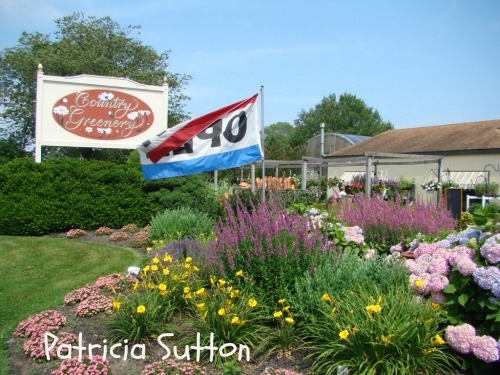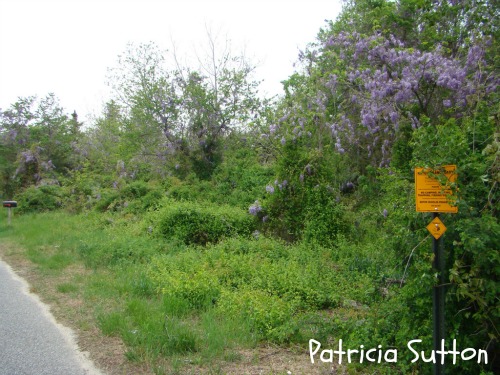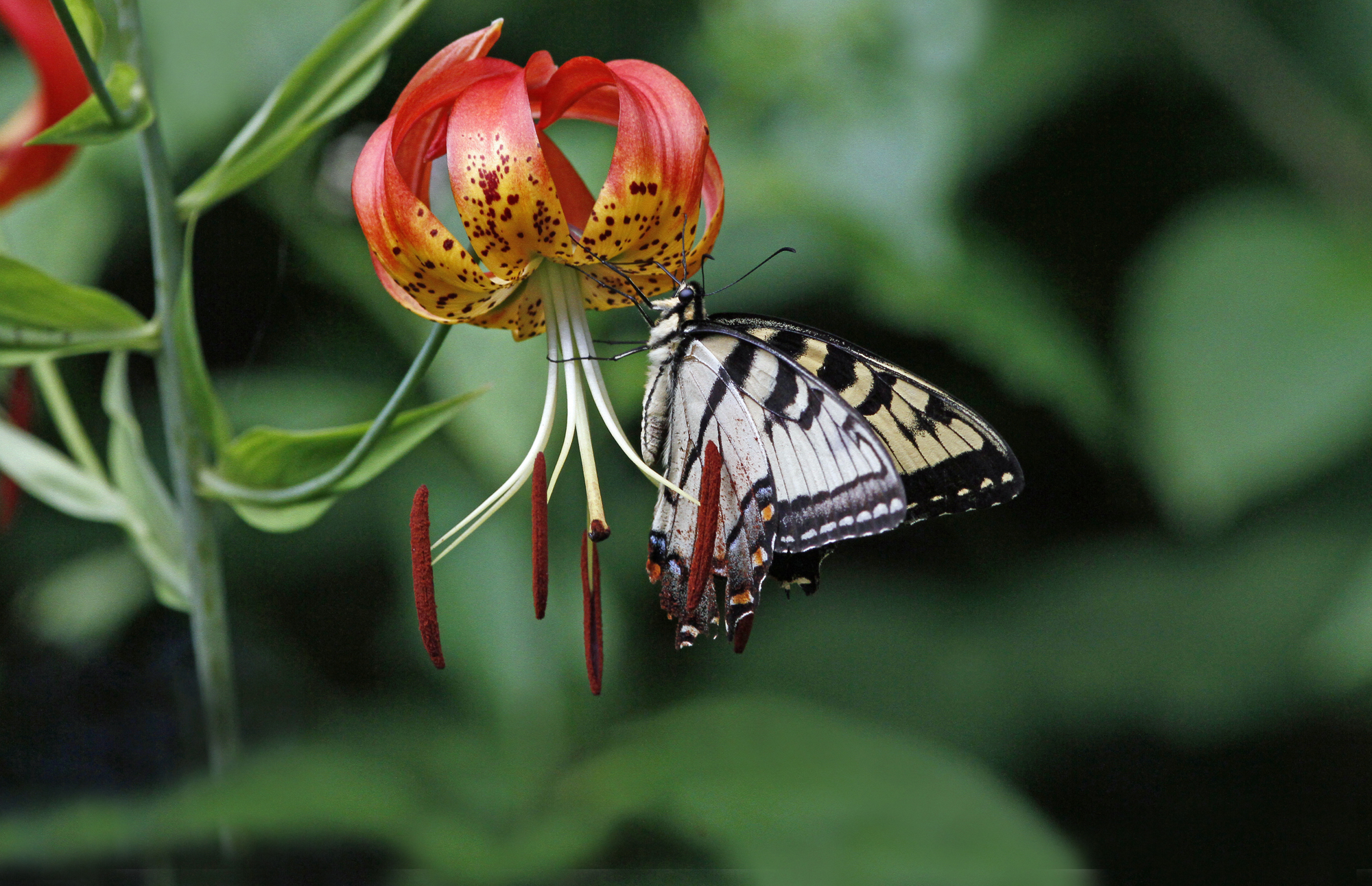
Hi Gang,
Have you called your legislators yet?
Have you called your legislators yet about this desperately needed legislation to address invasive plants in NJ? I e-mailed each of mine (I live in District 1) via the legislative website and DID NOT get an acknowledgement. Others told me the same, that they have not heard anything back. So, I wrote snail-mail letters to each of them and called their local office today (December 4, 2018). When I asked the office staff about my concerns not being acknowledged, I was told that sometimes they get 100s or 1000s of e-mails and letters and do the best they can. Let’s hope that those 100s or 1000s of e-mails and letters they are receiving about this bill are from those of us concerned about the growing, selling, and planting of invasive plants and not from the nursery trade and Farm Bureau pleading economic hardship! If you haven’t contacted your legislators yet, it might be best to call and write via snail-mail (rather than e-mail). Let’s DO THIS!!! Details below.
November 28, 2018 — my 1st post about this:
I am writing to you about some key legislation that New Jersey desperately needs regarding the regulation of invasive plants. As a wildlife gardener and native-plant-enthusiast, the overwhelming abundance of invasive plants spreading through protected lands – plants that are still being sold at nurseries and big box stores and being planted by landscapers – is almost too much to stomach.
Two bills have been introduced to the NJ Legislature and will be discussed this term concerning the sale, distribution, and propagation of certain invasive plant species in New Jersey. In addition, each bill allows the Department of Agriculture to expand the list in the future to include invasive plants not yet listed. Also, each bill would require better labeling of invasive plants – so that consumers are warned.
Our legislators need to hear from us that we support these bills in order for these bills to have a chance to move forward and become law. They are essentially the same bill:
NJ Assembly Bill 4460 (sponsored by Assemblyman Herb Conaway Jr. of District 7, Burlington) – Click HERE to see this bill. To TRACK this bill’s progress go to the NJ Legislature page for this bill and click “TRACK” (the 7th box under the bill name). Here is the LINK to TRACK this bill.
NJ Senate Bill 3086 (sponsored by Senator Linda R. Greenstein of District 14, Mercer & Middlesex) – Click HERE to see this bill. To TRACK this bill’s progress go to the NJ Legislature page for this bill and click “TRACK” (the 7th box under the bill name). Here is the LINK to TRACK this bill.
398 Invasive Plant Species in Cape May County
Cape May County, where I live, is the county with the highest number of invasive plant species in New Jersey with 398 species (found on thousands of sites and continuing to spread). Cumberland County has 292 invasive plant species spreading across the county.
These scary facts are from the University of Georgia’s Center for Invasive Species and Ecosystem Health, which maintains EDD Maps (early detection and distribution mapping system) that show real-time tracking of invasive species occurrence. You can look up the number of invasive plants in your own County HERE . At the top of the page select “plants (only)” then scroll to the bottom of the page to see the list county-by-county. If you live in another State, select your State at the top of the page.
The spread of invasive plants is impacting our natural areas, wildlife dependent on those areas, native plants, wildlife dependent on native plants, and the very integrity of our protected lands and of our state.
On my own ½ acre property I have to remain vigilant to stay ahead of English Ivy, Burning Bush, Multiflora Rose, Japanese Honeysuckle, wisteria, Tartarian Honeysuckle, and many other invasives that are seeded in my yard by resident and migrating birds that have eaten their fruits elsewhere. As a long-time wildlife gardener and educator I am knowledgeable enough to recognize invasive plant seedlings. Heaven help others who are not as informed and are frequently victims, as their properties become more and more smothered by invasive plants.
Nurseries are not policing themselves; instead they are growing and selling highly invasive and problematic plants to unsuspecting members of the public and making the situation worse and worse by the day. The same is true for landscapers, who are heavily utilizing these invasives. Since the nursery trade and the landscape trade is acting irresponsibly, it is time for checks and balances to push these growers, sellers, and landscapers to be more mindful of our natural environment.
Horror Stories
I have heard horror stories from many of you over the years. Share your personal story when you write to your legislators: (1) whether it is a back-breaking, long-term fight to keep Bamboo or English Ivy or another invasive out of your yard that keeps straying from a neighbor’s yard, (2) a landscaper you hired to put in a butterfly garden of native plants who charged you a fortune to instead plant a garden of invasives (identified as invasives by a friend after the fact), (3) or, one of my favorites, a landscaper you hired to put in a wildlife habitat of native plants and instead they planted invasives; when you questioned why they didn’t plant native plants, they said, “What? These are native, they’re everywhere!” proving they didn’t have the knowledge base to take on the job in the first place.
Protected Lands Overrun With Invasives

I take a walk nearly every day at one or another of the preserved lands near where I live: the Cape May NWR, a Nature Conservancy preserve, or one of the state Wildlife Management Areas. The spread of invasive plants at each of these areas is so disturbing that I feel like I need to take clippers along. I fear that the land managers are overwhelmed and have given up. And who could blame them? The very same invasives that are spreading across the lands they manage are still being sold in nurseries and planted on adjoining properties.
The ecological damages done by invasive, alien plants are far larger than most of us realize: fewer pollinators, fewer birds, some bird species winking out (N. Bobwhite for example), outcompeted native nectar plants and native berry-producing plants, less healthy habitats, uglier landscapes, and impenetrable lands.
What You Can Do To Help Move These NJ Bills Toward Law:
- Identify your State Senator and two Assembly Members here: Find Your NJ Legislative Representatives (click on underlined text to follow link)
- Write snail mail to both of your Assembly representatives and your State Senator (or, BETTER, phone them!) to ask that they sign on as co-sponsors. (It’s too early to urge them to vote.) Add a reason or two why you care about the bill in your own words. **** To those of you who live in District One, your support can have special impact! Your Assemblyman Bob Andrzejczak is Chair of the Agriculture and Natural Resources Committee, where the bill is up for discussion this term. (District One: all of Cape May County; and Corbin City, Estell Manor, and Weymouth Township in Atlantic County; and Millville, Vineland, and other municipalities in Cumberland County). As Chair, it is probably inappropriate to ask Assemblyman Bob Andrzejczak to co-sponsor the bill, but you can certainly urge him to push the bill forward through his committee and to the Assembly.
Thank you for caring about the natural world and its health. And thank you if you have already reached out to your representatives!
You can begin your letter to the two Assemblymen in your District, “Regarding NJ Assembly Bill 4460, I am writing to express my strong support for this bill and to urge you to co-sponsor it.” ****
You can begin your letter to the Senator in your District, “Regarding NJ Senate Bill 3086, I am writing to express my strong support for this bill and to urge you to co-sponsor it.”
Please share this with others who are as concerned as you are by the unchecked sale, planting, and spread of invasive plants across New Jersey.
Thank you!
Pat
